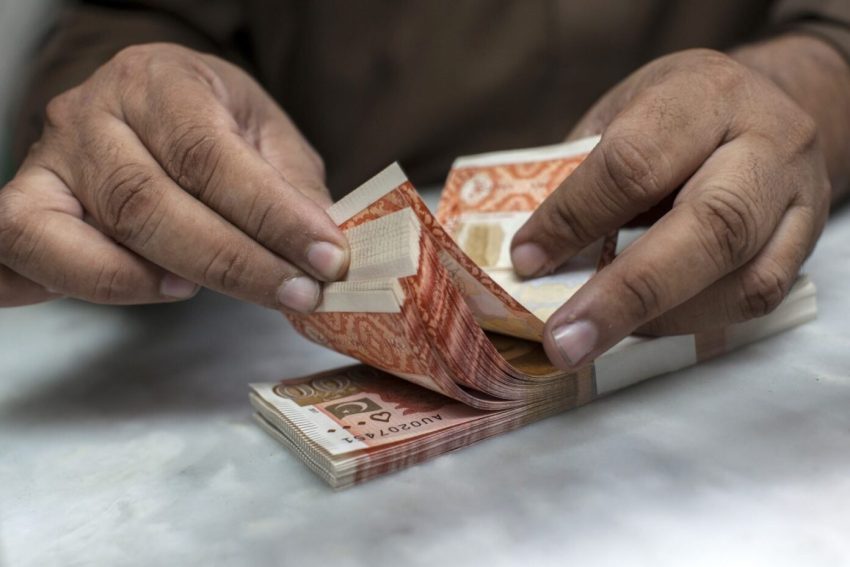ISLAMABAD – The federal government has decided to cap the annual cash withdrawal limit from banks at Rs100 million to monitor large transactions more effectively.
Furthermore, the Federal Board of Revenue (FBR) and scheduled banks in Pakistan have agreed to a structured data-sharing mechanism. Under this initiative, both entities will share financial data to better track taxable activities and enforce compliance.
Reports said investments up to Rs50 million in securities, mutual funds, debt instruments, and money markets will be treated as fresh investments.
The FBR will be able to access data from tax returns and cross-check it with the financial records maintained by banks. Any discrepancies found will require banks to provide clarification or corrected information. However, all exchanged data will be restricted for use in tax-related investigations only.
To tackle the issue of counterfeit goods, the FBR may grant enforcement powers to provincial officers from grade 16 and above, especially within the excise, taxation, and revenue departments.
In the digital space, the FBR is stepping up efforts to tax online earnings. It will serve as a collection agent for income generated via advertisements on social media. Non-compliance in filing tax returns related to digital services, goods, or ads will attract a penalty of Rs1 million.
Furthermore, if a foreign company fails to pay digital tax after operating in Pakistan for 120 days, the Commissioner of Income Tax will have the authority to block local payments to the company.
This series of regulatory enhancements marks a broader digital shift in the country’s tax enforcement and financial monitoring mechanisms.














